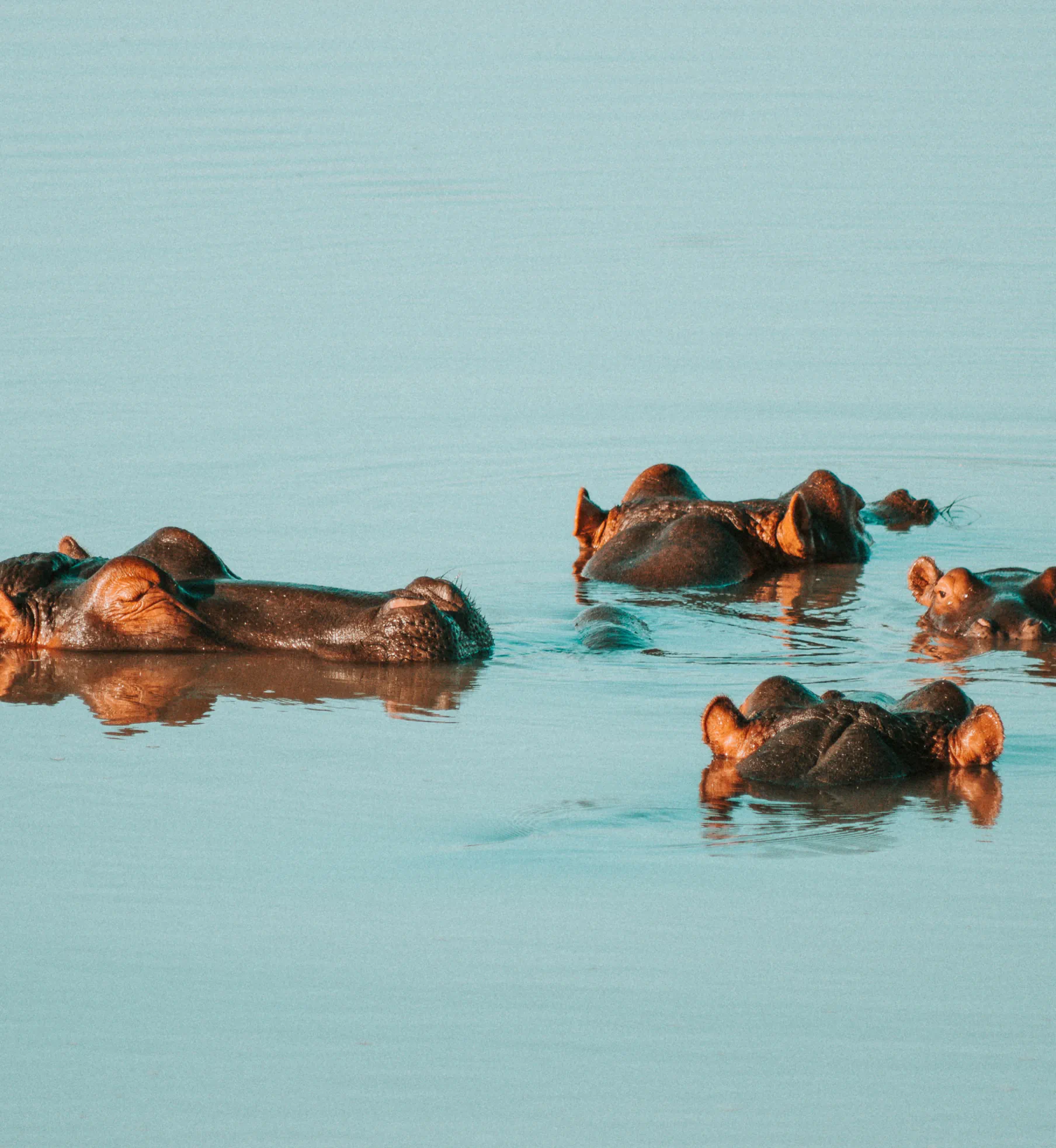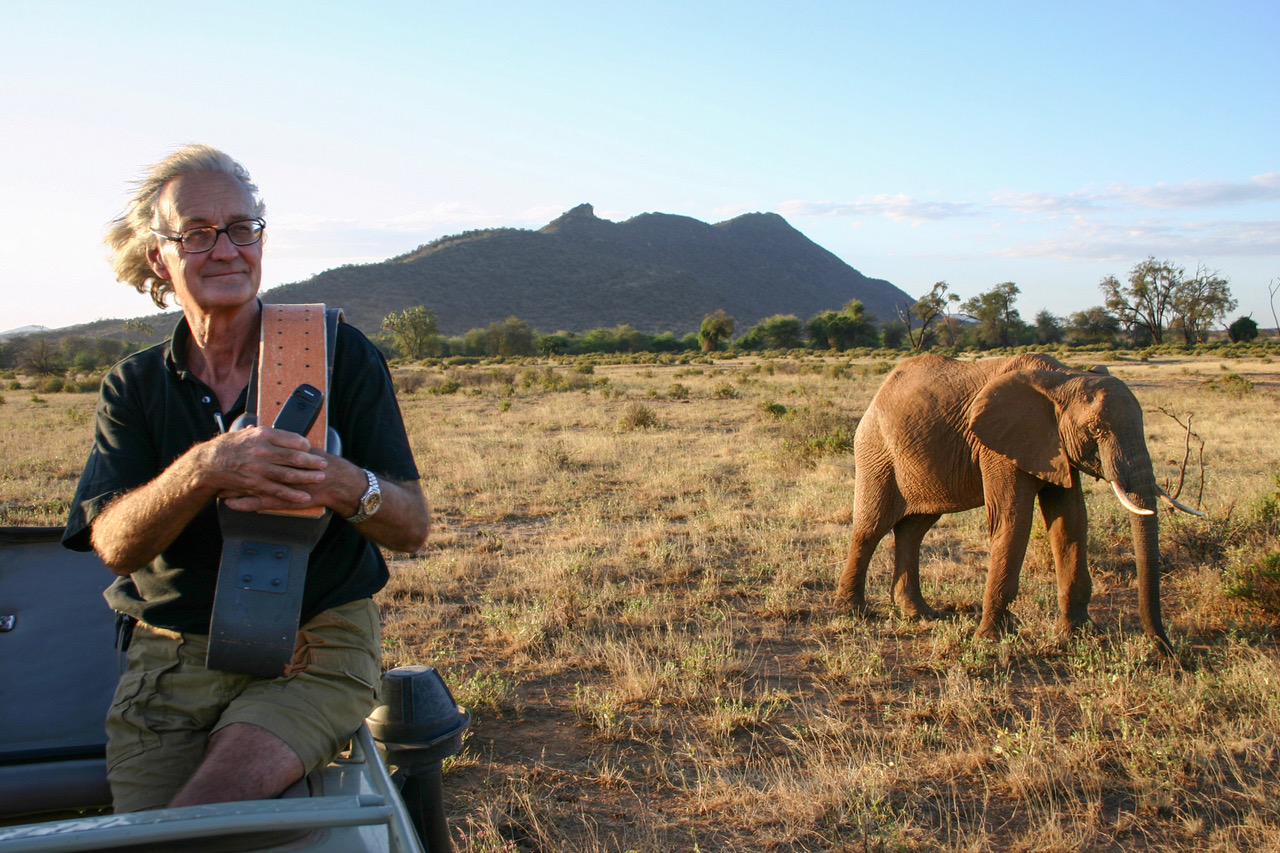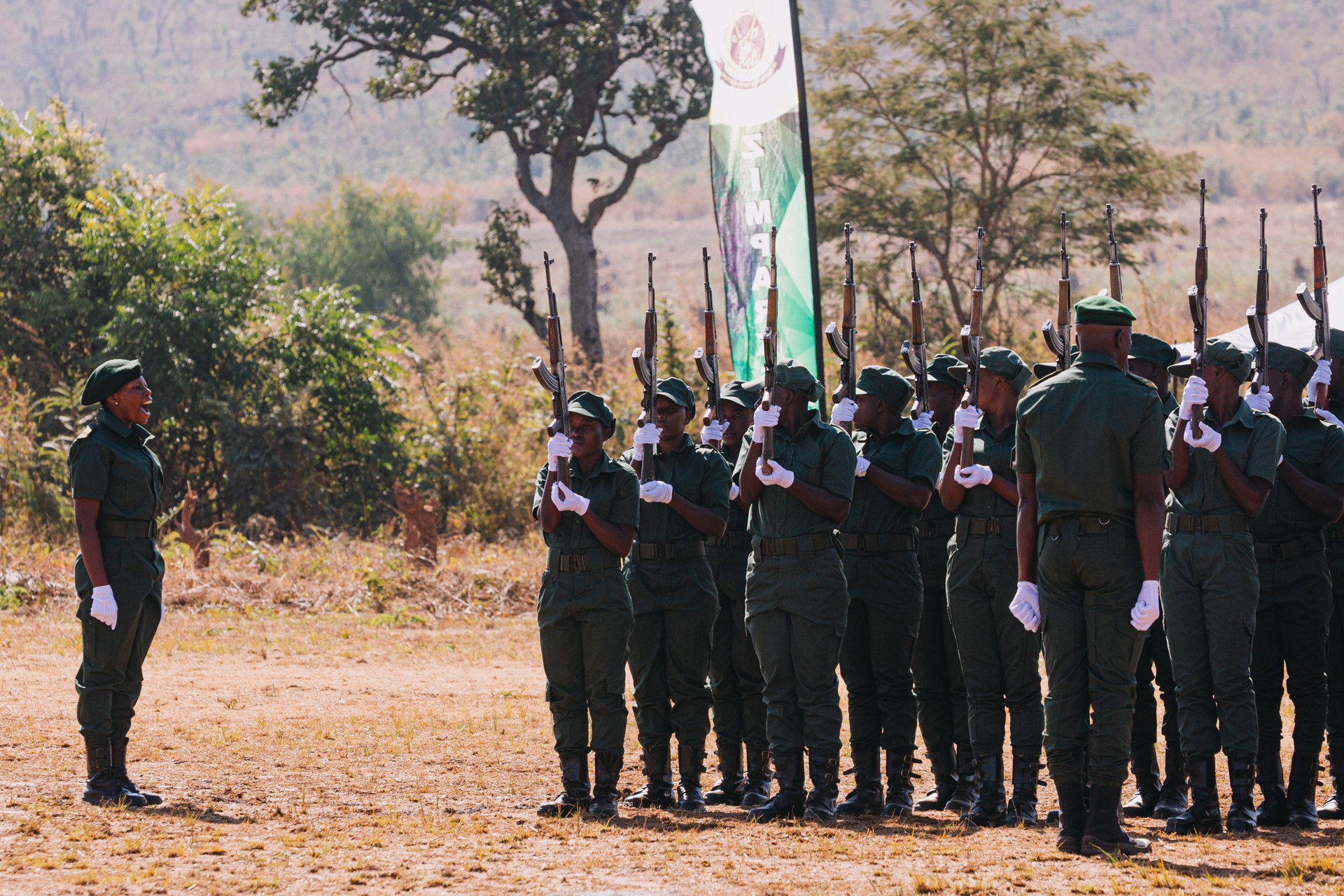


A FUTURE FOR ALL.
Akashinga delivers resilient nature conservation programmes of global significance through community-driven partnerships.
Loss of biodiversity, climate change, the degradation of human wellbeing: each reinforces the other and cannot be solved in isolation.
Conservation isn’t a conservation issue. It is a social issue. Perhaps the most important of our time. At Akashinga, we address social issues to provide conservation outcomes that protect millions of acres of rich biodiversity across Africa. Those most affected by the climate crisis are an integral part of the solution. That is why our efforts are rooted in community. We believe in gender equality, thriving local communities, and elevating those who have been traditionally excluded from frontline and leadership roles.
Akashinga’s approach to protecting nature at scale elevates and empowers communities and women as leaders protecting wildlife and the critical wilderness landscapes they call home. In an industry where women are outnumbered by men 100:1 at an operational level, Akashinga places women in authentic roles and creates pathways to foster the next generation of female conservation experts.
At a time when our future as a species on a planet in turmoil depends on the pursuit of what is right, nature-positive outcomes are born from collaborations with the people who live alongside the wildlife in need of protection.
In delivering our programmes, Akashinga contributes to the following global conservation strategies at the landscape level:
• 15/17 of the UN Sustainable Development Goals (SDGs), with a particular focus on gender equality, sustainable communities, responsible
consumption, climate action, and life on land and below water.
• The Global 30x30 Challenge which aims to set aside at least 30% of land and sea as protected areas by 2030.
• The largest-ever private funding commitment to biodiversity conservation – the Protecting our Planet (POP) Challenge – designed to fund projects which support 30x30.
• Agenda 2063, the African Union’s master plan for transforming the continent in alignment with the SDGs, with an emphasis on Goal 7: Creating
environmentally sustainable and climate resilient economies and communities.

Peo
ple.
Through
sustainable community empowerment programmes.

PLA
NET.
Through
collaborative, innovative wildlife
and landscape
conservation.

FUT
URE.
Through scalable solutions that foster coexistence to support a healthy planet.


In a world where challenges like biodiversity loss, climate upheaval, and human welfare are inherently connected, climate justice solutions must also intertwine. To date, in collaboration with local communities, we safeguard more than 13 million acres of invaluable wilderness, nurturing a planet protected for generations.
For 16 years, we have supported or led 50+ conservation initiatives, created nature-based economies through social impact and rural development, and protected vast wilderness landscapes across Africa and the species that call those landscapes home.

400%
Increase in Wildlife Encounters
in the Reserves We Manage
13.1m+
Acres Under Management
90%
Reduction in Poaching
400+
Local & Global Staff






Big global environmental challenges need big solutions. Taking on some of the largest biodiversity conservation projects on the African continent, Akashinga delivers ecological stability and long-term protection of large-scale wilderness landscapes by supporting and empowering local communities.
OUR why.
There has never been a more critical issue in the history of human civilisation than the immediate protection of the natural world. In 2019, Akashinga signed a Memorandum of Understanding as a key implementation partner of The Global Deal for Nature (GDN). The GDN targets 30% of Earth to be formally protected and an additional 20% designated as climate stabilization areas by 2030.
Stories from the field
Where we work.
Zimbabwe:
Since our early days of 16 courageous women rangers in 2017, the success of our flagship Akashinga Programme has witnessed a 90% decline in elephant poaching as well as the protection of endangered species, and improved livelihoods for women and local communities. To date, we have successfully protected more than 1.3 million acres of wilderness landscapes and habitats.
Mozambique:
The Akashinga Mozambique Programme, launched in 2022, has made remarkable strides. The 2.2 million acres area, with 40 miles of coastline, is a combination of terrestrial, coastal, and maritime conservation. The region also now benefits from a skilled women-led team guarding wildlife and natural resources through our Akashinga Ranger Programme.
Botswana:
In 2021, Akashinga expanded our community-centered conservation efforts to protect 5M acres bordering Botswana's Greater Kgalagadi Transfrontier Park. In partnership with Kalahari Research and Conservation (KRC), our holistic approach fosters coexistence between people and nature, providing key job opportunities, promoting gender equality and supporting local schools and education.








.jpg)